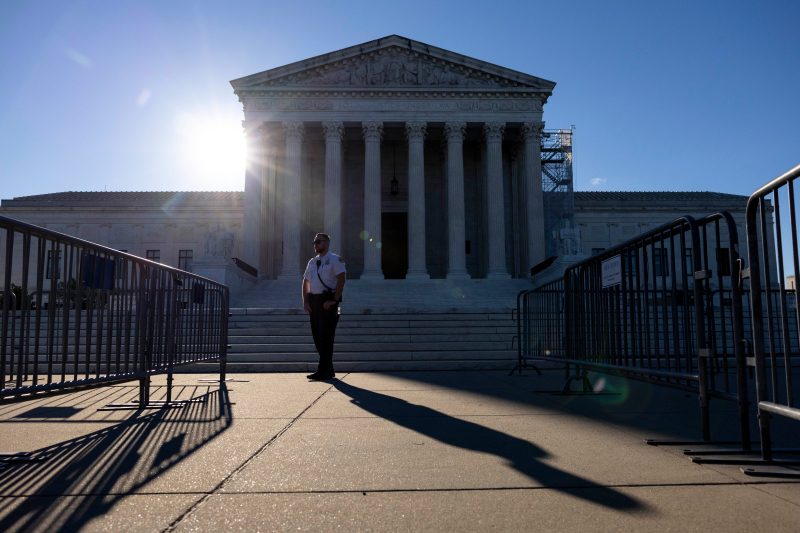In a recent landmark decision, the United States Supreme Court ruled on the issue of presidential immunity in the case of Trump v. Vance. This highly anticipated decision has far-reaching implications for the separation of powers and accountability of the highest office in the nation. Here are four key takeaways from the Supreme Court’s ruling:
1. Presidential Accountability Upheld:
One of the most significant takeaways from the Supreme Court’s decision is the reaffirmation of the principle that no one, not even the President, is above the law. By rejecting Trump’s claims of absolute immunity from state criminal subpoenas, the Court emphasized the importance of holding the President accountable for his actions. This decision strengthens the checks and balances within the government and upholds the rule of law.
2. Limits on Executive Power:
The Court’s ruling also establishes limits on the scope of executive power, particularly in cases where the President is personally involved in legal proceedings. While the Court acknowledged the unique position of the President, it made clear that such immunity does not extend to all facets of his official duties. This sets an important precedent for future cases involving the President’s immunity from legal scrutiny.
3. State Prosecutorial Authority Affirmed:
By upholding the ability of state prosecutors to subpoena the President for his financial records, the Supreme Court reasserted the authority of states to investigate potential criminal conduct. This decision underscores the dual sovereignty of the federal and state governments and reinforces the role of state prosecutors in enforcing the law. It also underscores the importance of transparency and accountability in government affairs.
4. Implications for Presidential Elections:
The Supreme Court’s decision has significant implications for the 2020 presidential election and beyond. By ensuring that the President is subject to legal scrutiny like any other citizen, the ruling emphasizes the importance of transparency and integrity in the highest office in the land. This decision may influence voters’ decisions and underscore the significance of candidates’ commitment to upholding the rule of law.
In conclusion, the Supreme Court’s decision in Trump v. Vance represents a crucial moment in the ongoing debate over presidential immunity and accountability. By upholding the principle that the President is not above the law, the Court has reinforced the foundational values of the American legal system. This ruling has far-reaching consequences for the balance of powers between the branches of government and the rule of law in the United States.
